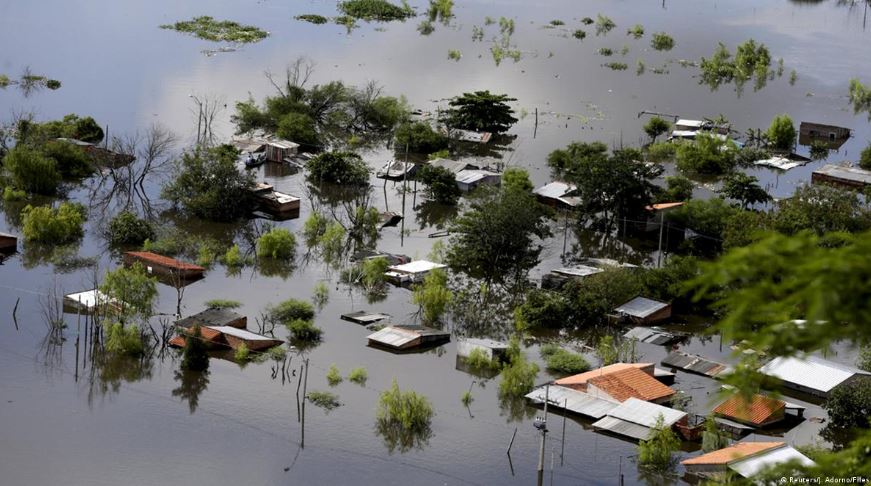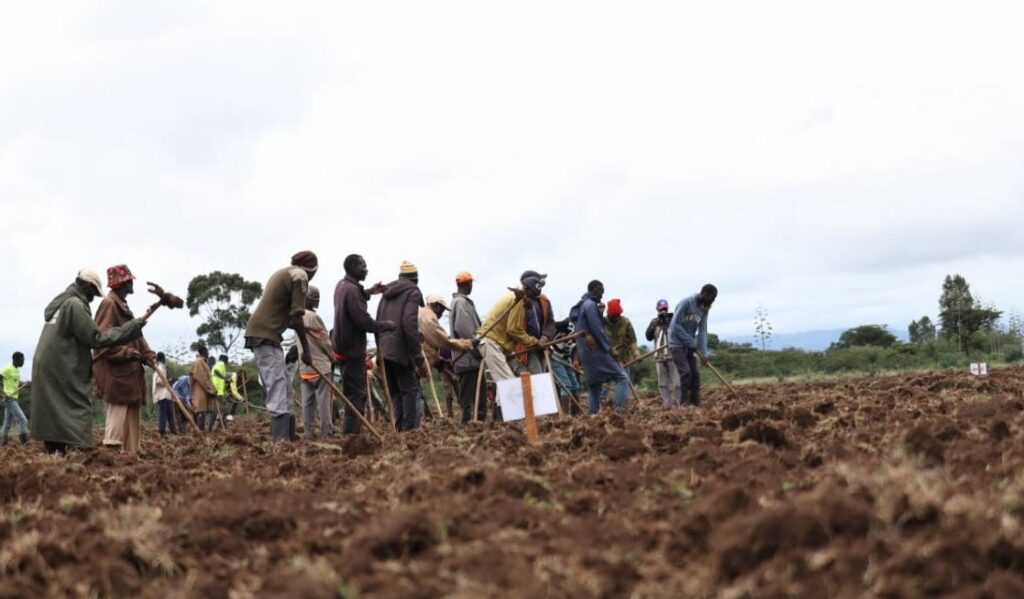
In a statement on Wednesday, the World Meteorological Organisation said based on historical patterns and current long-range predictions, it is anticipated it will gradually diminish during the next year around the world.
“The El Niño developed rapidly during July-August, and reached moderate strength by September, 2023 and is likely to peak as a strong event in November – January 2024. There is a 90% likelihood it will persist throughout the upcoming northern hemisphere winter/southern hemisphere summer,” says the WMO El Niño/La Niña Update, which combines forecasts and expert guidance from around the world.
El Niño, on average, manifests every two to seven years and usually persists for nine to 12 months. This natural climate phenomenon is linked to the warming of the ocean surface in the central and eastern tropical Pacific Ocean. However, it unfolds within the broader context of climate changing due to human activities.
The Secretary-General of the World Meteorological Organization, Petteri Taalas, noted that the effects of El Niño on global temperatures typically unfold in the year following its formation, which, in this instance, is expected to be in 2024.
“Extreme events such as heatwaves, drought, wildfires, heavy rain and floods will be enhanced in some regions, with major impacts. That is why WMO is committed to the early warnings for all initiative to save lives and minimise economic losses,” he said.
This comes as Kenya contends with the effects of El Nino; certain areas in the North Eastern counties have been submerged, leading to the displacement of families.
The Kenya Red Cross has reported that a staggering 13,473 individuals in the North Eastern region have been forced to evacuate due to the severe flooding caused by El Niño. The impact has been widespread, affecting a total of 26,011 families, particularly in the counties of Wajir, Garissa, and Mandera, where homes are submerged, and lives have been significantly disrupted.








